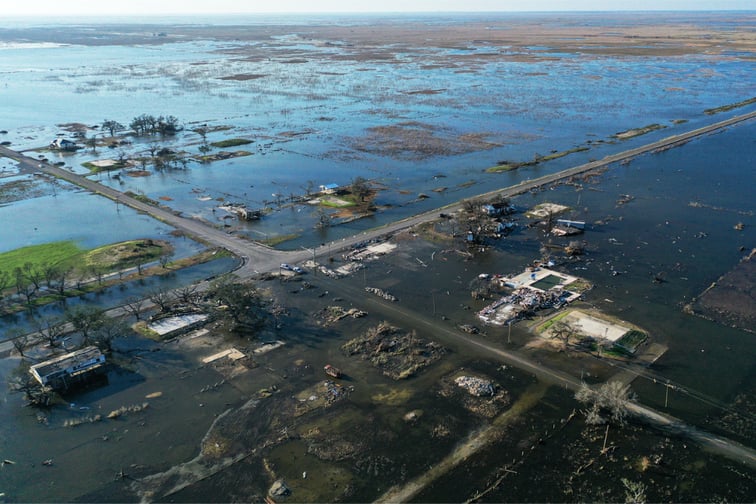

New commentary by DBRS Morningstar projects that while the post-tropical Cyclone Fiona “will likely cause record insured losses” in Atlantic Canada, the small scale of the Atlantic Canada property insurance market would mean the insured losses would be in line with other recent severe weather loss events across Canada.
According to the credit ratings agency, although Fiona would set new insured loss records in Newfoundland and Labrador, New Brunswick, Nova Scotia, and Prince Edward Island, the largest catastrophe losses for the Canadian P&C industry have “historically” occurred outside of Atlantic Canada. This reflects Atlantic Canada’s lack of large population centres, lower property values, and relatively stable weather patterns, the commentary said.
Combined, the four Atlantic provinces represent only 5.9% of the Canadian property insurance market by direct written premiums, which was $1.8 billion in 2021, DBRS Morningstar said. It was also noted that property insurance premiums in Atlantic Canada make up about 37% of the $4.8 billion total P&C insurance premiums in the region.
Although auto and commercial insurance in Atlantic Canada were also affected by Fiona, DBRS Morningstar noted that the storm’s impact on the two was of a “lower extent.”
The report also cited data from the Insurance Bureau of Canada (IBC), which found that two separate loss events in Eastern Canada contributed $152 million and $50 million to Canada’s catastrophe losses in 2021. These figures remain relatively low compared to the Alberta hailstorm ($500 million insured losses) or the British Columbia floods ($515 million insured losses) the same year, DBRS Morningstar explained. IBC’s data also suggests that as far back as 1983, no Atlantic Canada severe weather event ever made a notable contribution to any of Canada’s top 10 highest loss years on record.
But the paper still stresses that Fiona “will likely be one of the largest catastrophic events in history” for Atlantic Canada. Initially, estimates by DBRS Morningstar have placed insured losses resulting from the cyclone between $300 million and $700 million.
Record-breaking as it is, the amount is still something that Canada’s insurers can comfortably handle, DBRS Morningstar said.
“This would be significant but not large enough to affect the financial strength of the large, nationally diversified insurance groups which are the top participants in the property insurance market in Atlantic Canada,” the commentary said. “In DBRS Morningstar's view, Fiona will have negative earnings implications for most Canadian insurers but only a negligible impact on solvency levels.”
